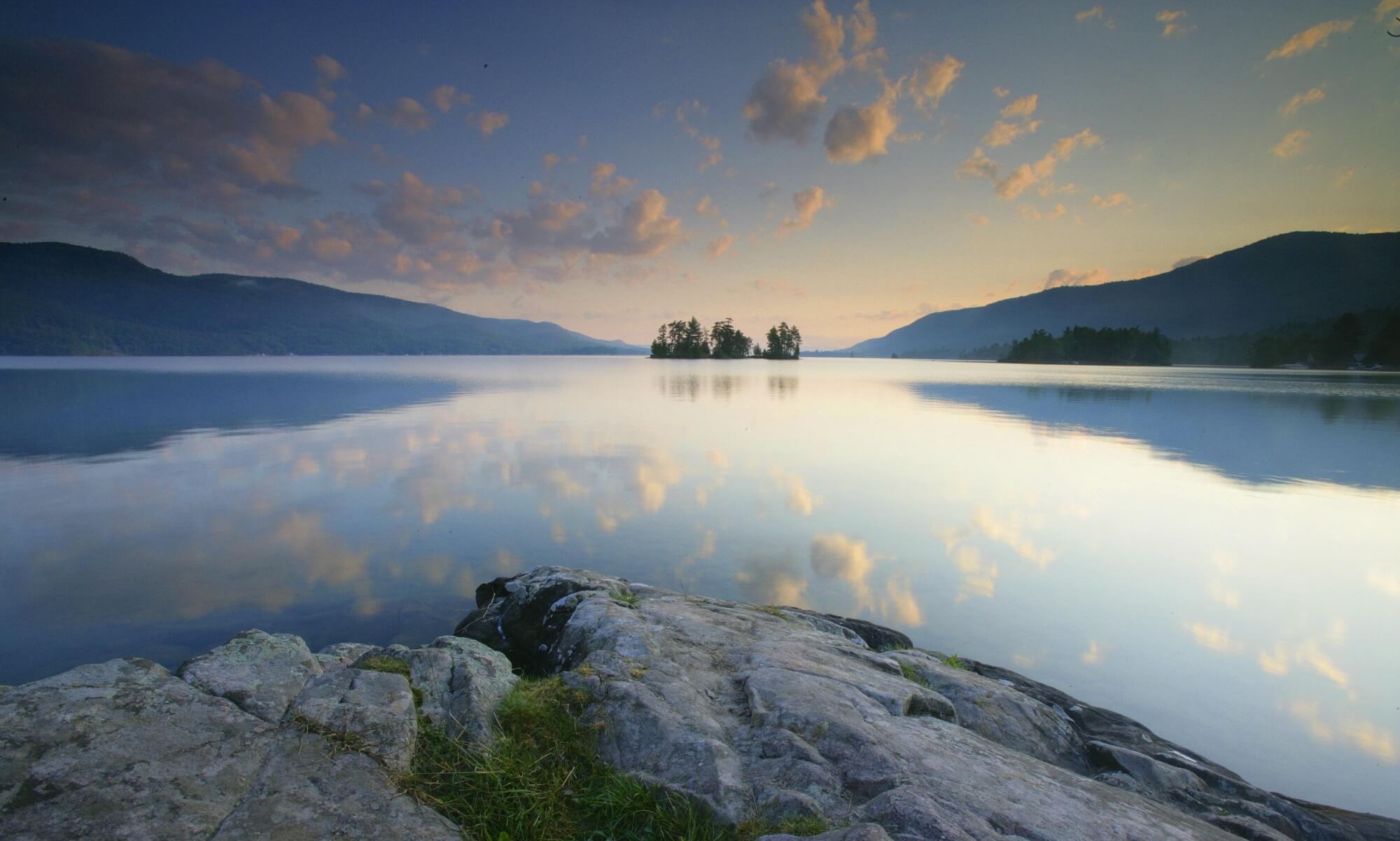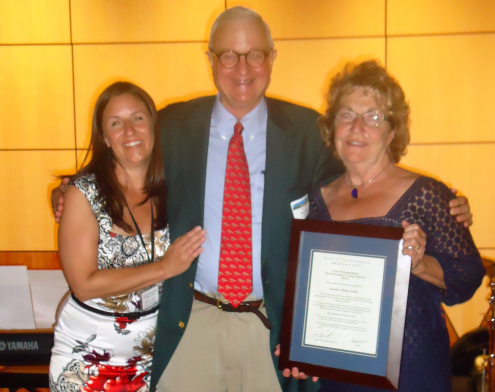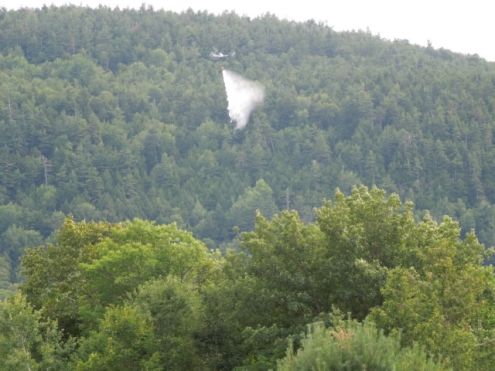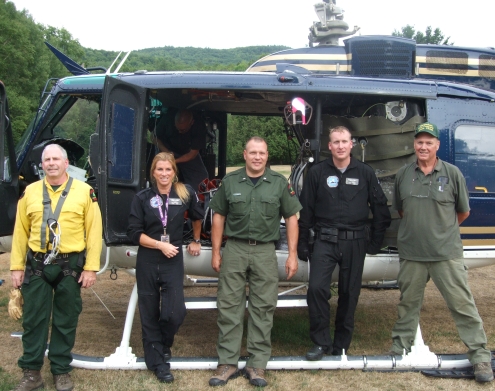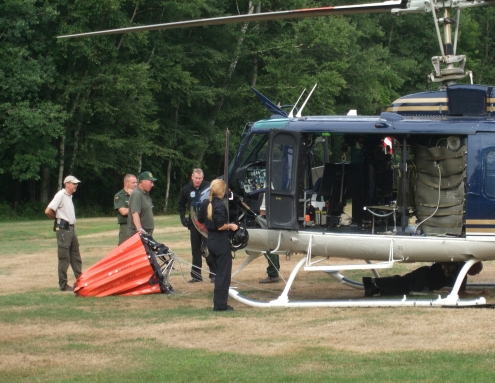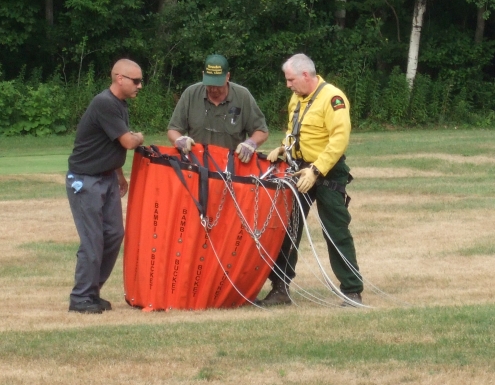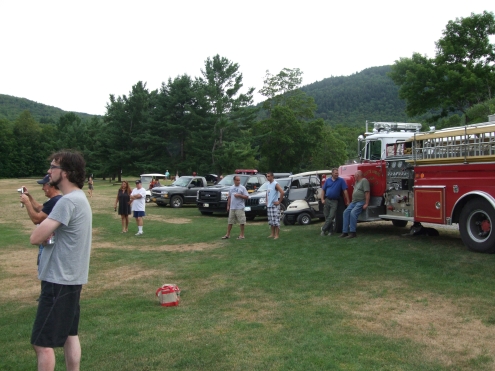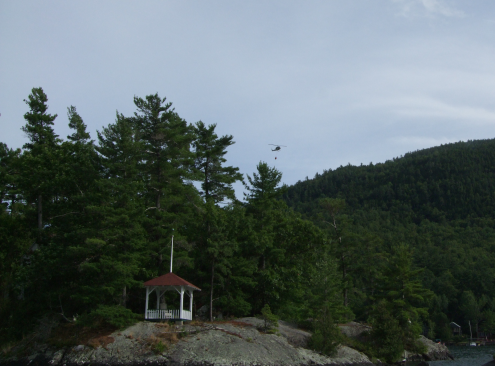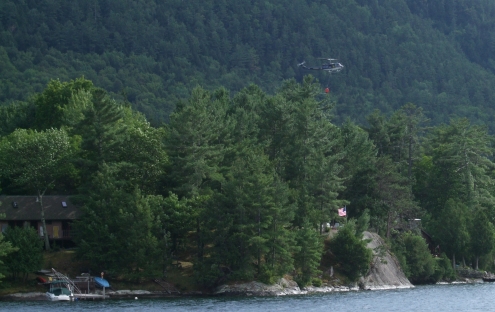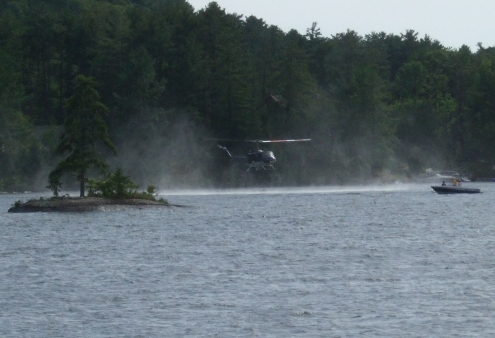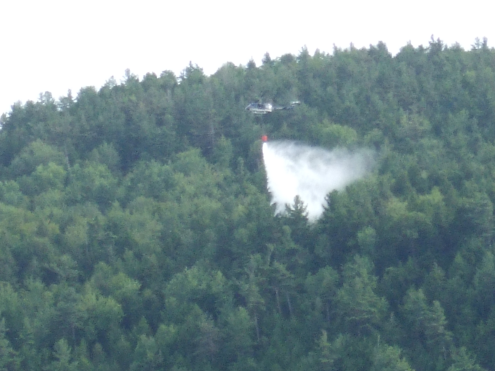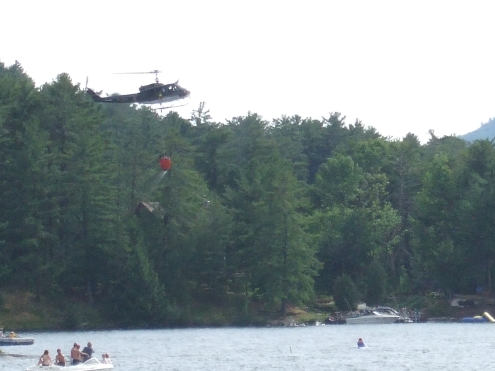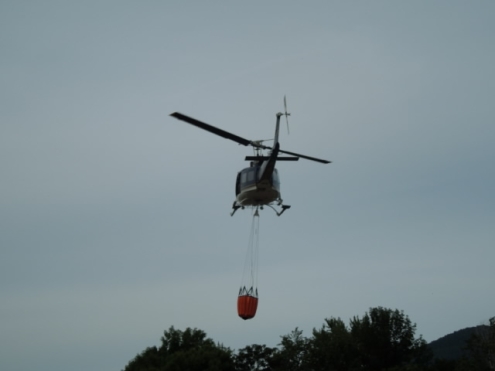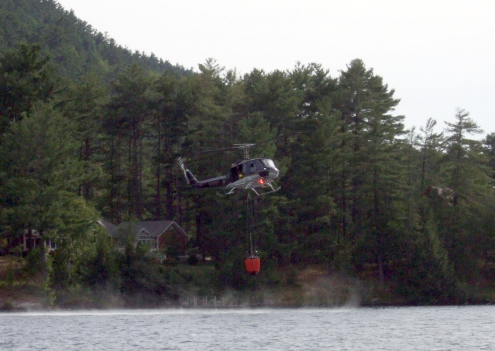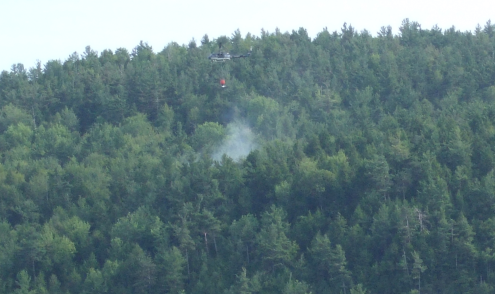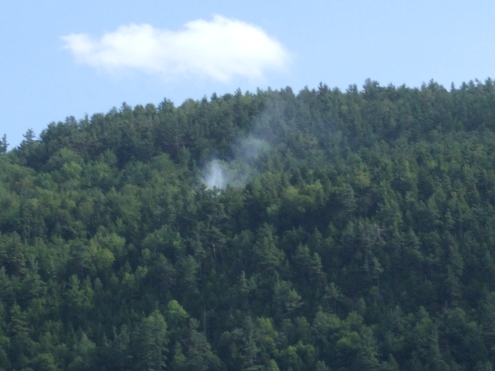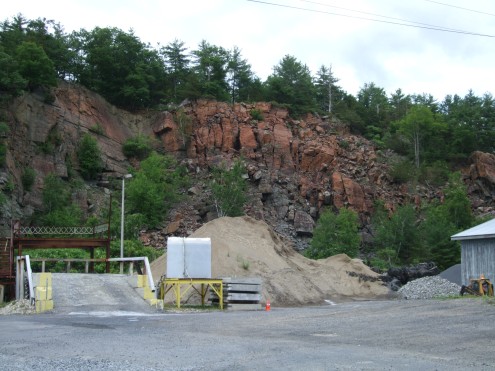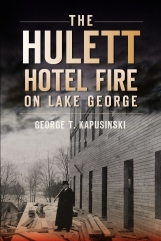
Racers in last year’s Wilmington/Whiteface 100k bicycle race.
The June 17 Wilmington/Whiteface 100k bicycle race is set to be bigger and longer than last year’s inaugural event. Organizers have added an additional 12 miles to the race, which is the only Leadville Trail 100 (LT100) qualifier in the northeastern United States.
Last year’s race was 57 miles long, while this year’s event is 69 miles in length. Wait a minute, doesn’t 100 km, measure 62 miles? That’s true, but according to the race’s organizer, Jim Goff, there’s a little leeway when it comes to “100k.”
Just like last year, the WW100 will begin and end at Whiteface Mountain, in Wilmington, N.Y. The alpine ski resort has long been recognized for having the greatest vertical in the east, 3,430 feet, and for hosting the 1980 Olympic Winter Games alpine competitions.
From the mountain, racers will trek through the northern New York towns of Wilmington, Jay, Keene, Lewis and Elizabethtown before returning to the Olympic mountain for a final climb of 2,500 feet and the finish line. In addition to the Whiteface climb, riders can also look forward to climbing both Jay and Saddleback Mountains. Not once, but twice since this is an out and back race. Both of these climbs are more than 750 meters apiece.
“This is a rugged course that’s going to be a challenge for everyone,” noted Town of Wilmington supervisor Randy Preston. “There’s no getting around the fact that the climbs are a big part of this race, but there’s plenty of terrain for everyone.
“Sure the field will have to be strong of the course’s uphill sections, but there are plenty of flat rides, gravel and dirt roads and single track terrain to take advantage of as well.”
Last year, more than 230 cyclists tested their metal on this grueling course and with up to 100 qualifying spots up for grabs to the LT100, this year’s race has already exceeded last year’s total and is expected to attract as many as 1,000 riders from the northeast and perhaps Canada and beyond.
“We’re very pleased with the growth and the excitement of this year’s race,” added Preston. “I think that there are a couple of reasons why the field is already larger than last year’s.
“First is word of mouth. The athletes who competed last summer have been our best ambassadors, telling everyone about the course and their experiences here.
“Also, the cycling community has been hearing a lot about what this area has to offer in terms of cycling opportunities. I think that Wilmington, and the region in general, are quickly becoming a cycling destination and these riders want to know what the buzz is all about.”
Fifty-percent of the LT100 qualifying spots will be awarded based on performance in each division for men and women, and the other 50-percent will be distributed randomly from a pool of all racers, who finished under the maximum cutoff time. Since the LT100 lottery has already taken place, this is one of only six nationwide Leadville Series Races in which cyclists can still qualify and compete in August’s Leadville Trail 100.
The WW100 is just one event making up the June 14-17 Wilmington Whiteface Bike Fest. On Saturday, June 16, road cyclists will compete in the 11th annual Whiteface Mountain Uphill Bike Race. For the first 10 years this BUMPS (Bike Up the Mountain Points Series) race has started at the beginning of the Veteran’s Memorial Highway, but this year, it’s slated to begin at Whiteface Mountain, adding an additional three miles “to warm up” before the field climbs the fifth highest peak in New York State. With an 8 a.m. start, participants of the WW100 will have the opportunity to enter both races. Registration for this event is available at www.bikereg.com/Net/14909.

The annual Bike Fest will also include the seventh annual 5k Downhill at Whiteface, which is expected to feature 200 professional and amateur races, a bike parade, “The Brainless not Chainless Gravity Ride,” beginning from Santa’s Workshop, in Wilmington, and several free family-oriented events.For more information about the Wilmington Whiteface Bike Fest, visit www.whitefaceregion.com.
There’s still time to register for the Wilmington/Whiteface 100k by logging on to http://www.leadvilleraceseries.com/page/show/431652-wilmington-whiteface-100. The entry fee is $105 for the general public and $95 for Life Time members. The race will be capped at 1,000 riders.
Photos courtesy of the New York State Olympic Regional Development Authority (ORDA).
